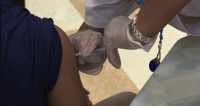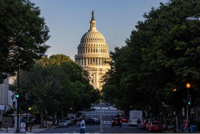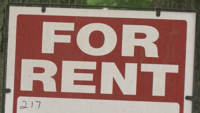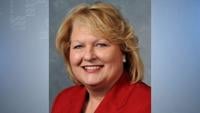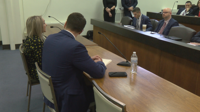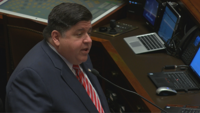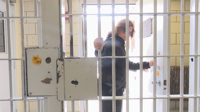SPRINGFIELD, Ill. �� The Pritzker administration launched a new program Monday to connect people with COVID-19 resources. Pandemic health navigators help those who test positive for COVID-19 or anyone struggling to get vaccinated.
More than 400 community health workers and supervisors have already started helping families across Illinois. The navigators brought together community health centers, local organizations, and public health partners to get information and resources to people most in need.
Federally qualified health centers and community-based agencies have helped Illinois recruit more navigators. The administration hopes they can educate people about COVID-19 and support contact tracing efforts among other important tasks.
“Our pandemic health navigators are a crucial part of keeping our most vulnerable residents safe,�� said Gov. JB Pritzker. “I’m very grateful to all of these navigators.��
Program supervisors say most requests for assistance come from people in isolation or those who don’t have transportation. Navigators help people get food, medicine, mental health assistance, and financial aid. They’re also assisting with mobile vaccinations for those who can’t get out of their homes. Supervisors explained grocery store owners asked for help with vaccinations as well.
“When you’re dealing with all of this and then you’re scared that you can’t even meet your basic needs, it can feel hopeless,�� said Supervisor Linda Lawson. “They are so grateful for the pandemic health navigator program and these services.��
Lawson says people have cried on the phone with navigators because someone cared about them and they knew they weren’t alone.
One-on-one connections
The Illinois Public Health Association and Illinois Primary Health Care Association recently conducted a survey that found many Illinoisans need this guidance and accurate information about COVID-19. Out of 800 surveyed, one in five people said they couldn’t tell the difference between scientific facts and misinformation online. In fact, 21% of those polled said they wouldn’t get the COVID-19 vaccine. Officials say over half would like assistance from a community health worker.
“We know that there are plenty of misconceptions around the pandemic and the vaccine, as well as a deep history of medical distrust that triggers hesitancy in marginalized communities. What’s more, we understand that the acts of quarantine and self isolation can cause hardship to members of vulnerable populations,�� said Cyrus Winnett, Interim President and CEO of IPHCA. “That’s where our network of CBO partners and community health workers comes in. They’re entities who have an ear to the ground assessment of the unique needs of the populations they serve.��
Pritzker noted the program is about one-on-one connections with people ready to help however they can.
You can find more information at .


